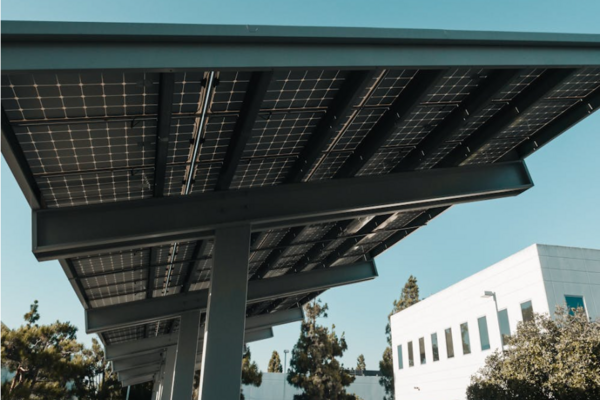The Public Authority for Housing Welfare (PAHW) has started using solar-powered street lighting in the South Abdullah Al-Mubarak, Kuwait. This is the first time PAHW has applied renewable energy to a lighting system in any of its housing developments.
The lighting systems in the suburb are powered by photovoltaic panels. These systems are designed to operate independently from the national grid. Each unit includes a solar panel, a battery for energy storage, and an LED light. The units are placed across various roads and streets within the project site.
The authority stated that this project is part of its plan to reduce electricity use in public infrastructure. It also noted that it aims to apply smart technologies in other housing services. These include intelligent lighting systems and energy-efficient building designs.
In the same suburb, PAHW is currently building 31 public-use buildings. These include schools, mosques, and service facilities. In addition, the authority is working on 186 other public buildings in several residential areas across Kuwait. Some of these buildings are being designed to include energy-efficient systems, such as solar panels for hot water or lighting support.
Other renewable energy initiatives in Kuwait by public agencies include the installation of rooftop solar systems on selected government buildings. For example, the Ministry of Electricity and Water and Renewable Energy has tested rooftop solar capacity on administrative buildings. These pilot installations range between 5 kilowatts and 20 kilowatts per building.
Separately, the Kuwait Institute for Scientific Research has also been managing a hybrid solar-diesel project in Al-Shagaya. The system has a combined capacity of 10 megawatts, mixing photovoltaic, wind, and thermal solar components. Though still in trial phases, the results are used to study feasibility for future public use.
The use of renewable energy in PAHW housing developments remains in early stages. However, the solar streetlight project in South Abdullah Al-Mubarak marks the first wide application within a public neighborhood in Kuwait under the PAHW’s oversight.



